Like many animals, chickens can play host to parasites that live on skin, in feathers, and around their living spaces. One such parasite is Dermanyssus gallinae, the chicken mite, a tiny pest found worldwide, that stresses chickens, reduces egg production, and can also transmit diseases.
Finding parasite infestations in your birds is always scary, but with some knowledge and good management practices, you can prevent or control them.
Symptoms And Identification
Chicken mites don’t live on the birds all the time. Instead, they nest nearby and feed on the chickens every few days, usually at night. So you may not spot the mites themselves—only telltale signs like scabbing or lesions on your chickens’ skin. You’ll also likely notice that your chickens are lethargic, lay fewer eggs, change their sleep and roosting patterns, or peck at each other.
If you suspect chicken mites, search your chicken coop, nest boxes, and bedding for signs of the mites. Take a flashlight and a magnifying glass out in the middle of the night to check your chickens themselves.

Mites are about a millimeter long. Their normal coloring ranges from dark to light gray—but if they’re actively feeding, their entire carapace turns red with the blood of their hosts. (Editor’s note: Ew.)
Though they aren’t spiders, they are eight-legged with an antenna-like head. Once hatched, they live only about a week, but the eggs and nymphs can become dehydrated and live for more than eight months without feeding before becoming active.
They are not to be confused with the northern fowl mite, which lives its full lifespan on the host bird.
Chicken Mites Treatment
Catching parasite infestations early is essential since they grow quickly. Once a population is well established, they are much harder to eradicate.
Make it part of your routine to spend time with your chickens, get to know their behavior, how their plumage normally looks, and how much they eat so that you will notice right away if something is wrong.
Since chicken mites live in bedding, cracks, and crevices of coops, you must thoroughly clean the coop if you suspect mites, even if you only have one affected chicken. Often the chicken with the weakest immune system is the first to show symptoms.
Clean Coop, Healthy Chickens
Every coop and chicken tractor is designed differently, so your cleaning routine won’t be the same as your neighbor’s. Cleanliness is always important, but it is doubly so when you have a parasite problem. Move your chickens somewhere temporarily while you clean their coop and apply potentially toxic substances.
The places that typically accumulate feces the fastest is underneath roosts and in nest boxes. Shovel out any bedding, like straw or sawdust that you use in your coop and boxes, and scrub or hose down surfaces with soapy water and sterilize with vinegar or bleach. Allow to air dry before adding clean bedding. (If you have a mobile chicken house or chicken tractor, clean it first, then move it.)
For an established mite infestation, after regular scrubbing and sterilizing, you’ll need to decide on an anti-parasitic treatment before proceeding.
Anti-Parasitic Treatments
A number of pesticide products are designed to treat parasitic infestations, primarily in and around the coop for chicken mites, including organically-certified pesticides like pyrethrum. The common, non-organic treatment for chicken mites is carbolineum or anthracene oil, both derivatives of coal tar.
These substances are used to paint the insides of the coop, roosts, and nest boxes. People who want to avoid chemicals of all kinds use diatomaceous earth to treat parasites, but it has to be heavily and repeatedly applied to the environment, sometimes for months, given how long the eggs can remain dormant.
Although people feel strongly about using only organic products or only diatomaceous earth, it is worth considering whether it is healthier for your chickens to be exposed once or twice to a highly toxic substance like carolineum or repeatedly to a less toxic—but less effective—pesticide like pyrethrum or diatomaceous earth, which can cause serious lung inflammation in animals and humans if repeatedly inhaled.
This is a choice that only you can make for your household and birds, but the sad truth is that sometimes the most toxic remedies are the most effective ones. Always wear respiratory protection when applying pesticides of any kind, including organic pesticides and diatomaceous earth.
Prevention
Prevention is always the best (and cheapest!) cure. The most important step you can take in keeping your chickens healthy and happy is to limit their exposure to parasites in the first place and make sure their immune systems are strong.
Parasites are most often introduced by other chickens. When you buy new chickens, especially full grown birds, practice good bio-security.
Keep new birds away from the rest of your flock for 10 days to two weeks. This not only allows a period of social and territorial adjustment to a new home, but also for parasite or disease symptoms to emerge in the new birds before you mix your flock.
Also, since chicken mites live in coops, always thoroughly clean any new coop, roost, or nest boxes that you buy from another chicken farmer. Dormant larvae could come onto your farm on used equipment, but a thorough scrubbing with bleach water, strong vinegar, or a pesticide should take care of that.
One of the best practices for maintaining chicken health is to rotate them onto fresh ground if you have a movable coop or shelter. This gets them away from a build-up of their own feces, lowering the risk of internal parasites and gives them new ground to forage in.
Having access to more lush and diverse foraging ground increases chickens’ nutrient intake and boosts their immune systems. And of course, sunlight and fresh air are as good for a chicken’s health as they are for yours.
Basic care can keep birds healthy and minimize the risk of pest infestations. Make sure your birds have clean water and bedding, practice good quarantine measures with new birds and equipment, and you are unlikely to have problems. Ninety percent of the time, keeping yourself and your pets healthy is just a matter of preventative care and good biosecurity.





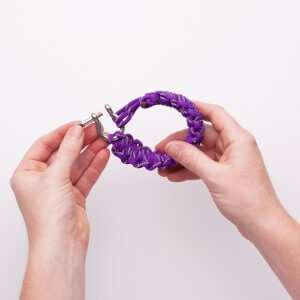

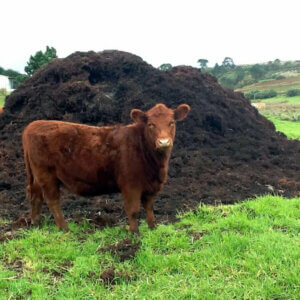






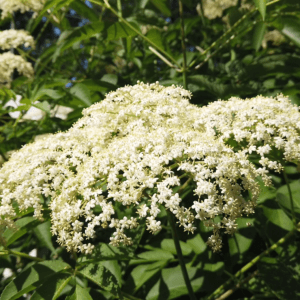






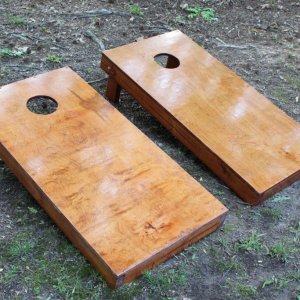


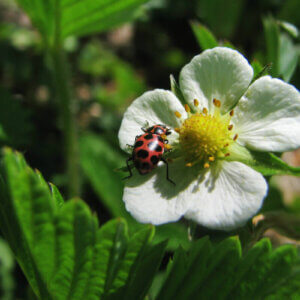






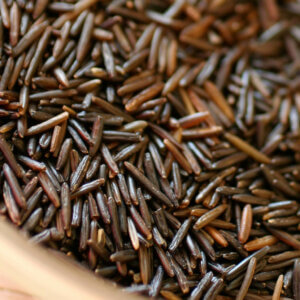


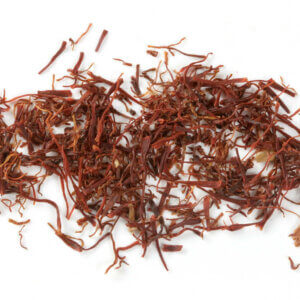







I have been infested with something on my head and skin ,itching,sores all over my body ,and now passing worms. I live in a loft down town apt and there are pigeons outside my windows and nest around my bathroom windows. Could I get mites from these pigeons?
Courtney,
I am not a doctor just been doing lots of reading. From that in my opinion first thing is to ID the parasite and get rid of it. Go to a functional medicine doctor https://www.webmd.com/a-to-z-guides/what-is-a-functional-medicine-doctor and get a comprehensive stool test for parasites. Then find out how to get rid of the parasite in your body and heal from the infestation while hopefully identifying the source of the infestation and getting rid of that as well.
I don’t know a whole lot else about it but have read there are certain foods and herbs to help get rid of them. Something to start with and ask the doctor about https://draxe.com/health/parasite-cleanse/
Not sure where you’re at but here is a list of tests for stool you can ask the doctor about. https://www.walkinlab.com/categories/view/digestive-tests/stool-tests
Wishing you complete and speedy healing 🙏